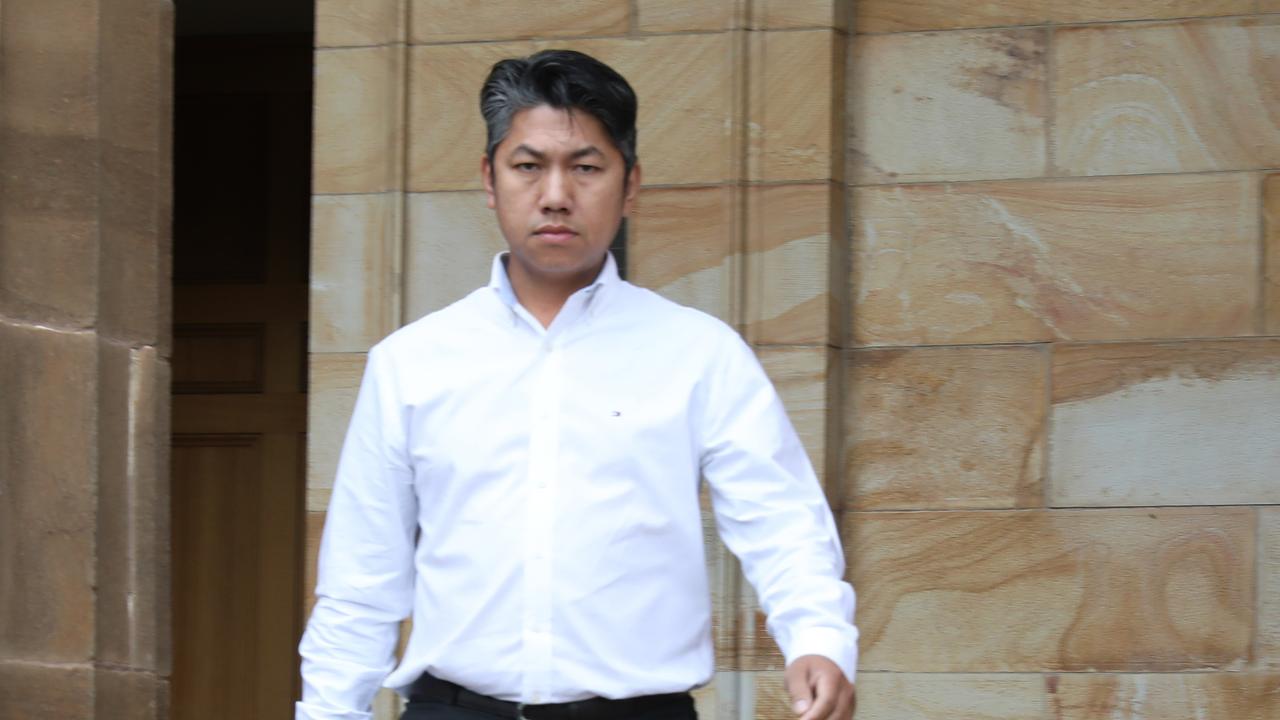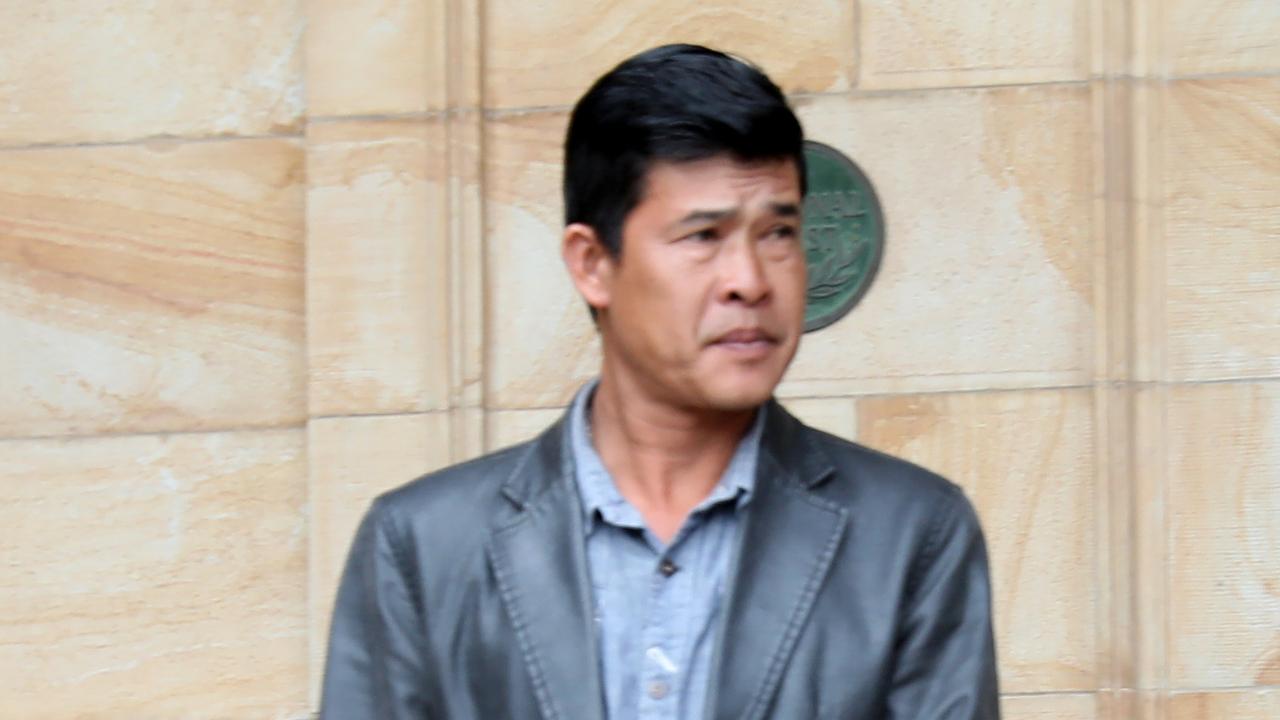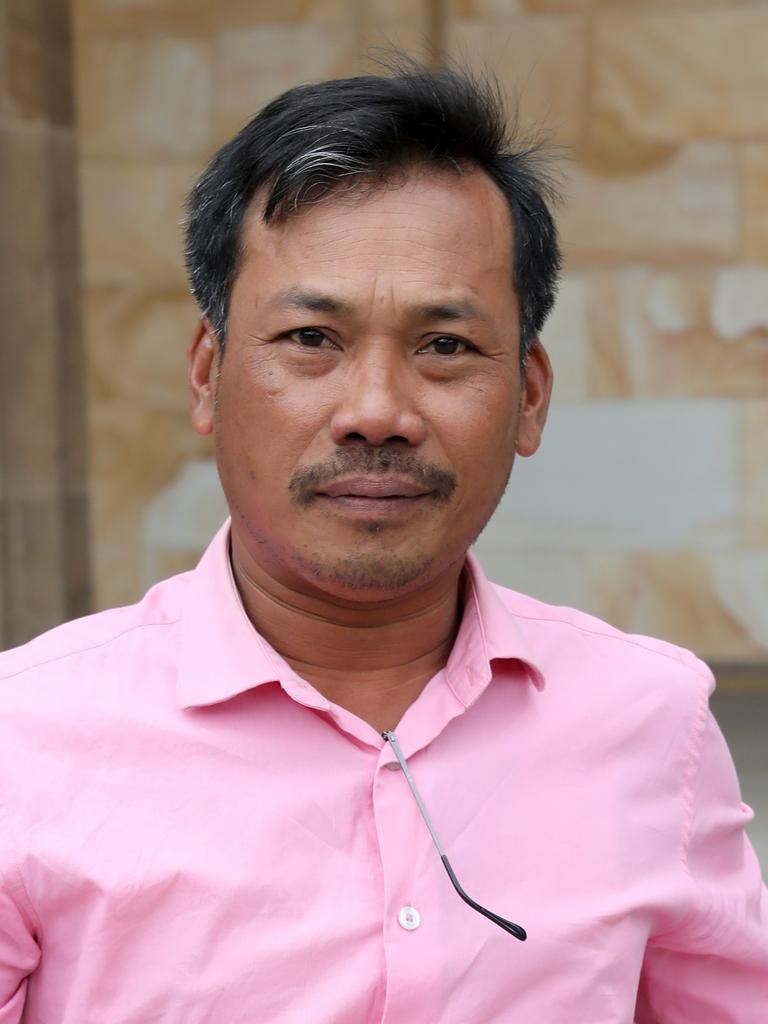Inside the state’s largest phoenixing scam which has left Seang Leng Heng, Nathan Sarinn and Nay Chy facing the prospect of prison
Three men are facing prison over a record-breaking scam that saw four abattoir workers become heads of big companies without ever knowing it.

Herman Edy was a student and abattoir worker during his brief time in Australia.
But bizarrely, he had no idea he was also the director of a $10m company.
The Indonesian national was paid by the hour for his time at the meatworks along with three other men in the same strange situation.
Ibnu Ilham, Hendrik Mooy and Ikoman Surodana were unknowingly also directors – at least on paper – of companies worth $6m, $1.5m and $2.4m respectively. But none of them ever saw a cent of it.
All four men had more than just their Indonesian heritage in common.
They were associates of three men who between them raked in millions of dollars from the lucrative South Australian labour hire industry.
The networks of businessmen Seang Leng Heng, 44, Nathan Sarinn, 43, and Nay Chy, 49, stretched from farms to slaughterhouses and fruit groves across the state.
The trio were linked to businesses which legitimately acquired more than $24m in just over two years and withdrew almost $1m cash each month.
But in a practice known as “phoenixing”, they failed to set aside the millions they were required to for tax, and then wound up the companies without paying it.

The three men also took advantage of a system designed to observe the sanctity of companies without “lifting the veil” – a legal term for seeing who was really operating them.
After an investigation that began in 2013, Heng and Chy were finally found guilty at trial in the District Court earlier this year of conspiracy to defraud the federal government from 2011 to 2013.
Sarinn pleaded guilty to the same charge for his role in the $4.5m scam. Edy, Ilham, Mooy or Surodana were not accused of any wrongdoing.
The system was simple in practice, but complicated to prove in court.
The trio, all of Cambodian decent, would target a foreign worker in their employ.
They would take the worker to an accountant and install them at the head of their own business, making them sole director and shareholder.

Insurance would be purchased and bank accounts opened, though it is unknown if the workers were ever given bank cards.
With the paperwork in their hands, the trio would send the worker on their way, likely not understanding what had happened.
Each company would pick up lucrative contracts, dispatching a network of hundreds of workers to labour-intensive industries.
Among the huge sums of cash flowing into the accounts of each new company were hundreds of thousands of dollars earmarked for the payment of GST and PAYG tax.
But instead of being transferred to the Australian Taxation Office, the money was withdrawn in cash.
Over 25 months, across six companies, $24.2m flowed into accounts.
More than $23.1m was withdrawn in cash, so when it came time for the tax to be paid, the accounts were nearly empty.
In one case there was $9 left in a company account when it was wound up.
Emily Telfer SC, prosecuting the trial earlier this year, said there was “minimal money” left in all the accounts that were “completely run down”.

“If there is not enough left in the company to pay the bills, the tax debt won’t get paid and it will be extinguished and the people running the company, on the prosecution case, can move on and start again.”
And move on they did, finding yet more students to start more businesses.
But in 2013, the operation came to an end with the ATO opening an investigation into the trio. Sarinn received a letter in the mail from the tax office saying he owed $8.5m in back taxes and penalties.
By the time the trio was charged and told to appear in court in 2017, most of the stolen funds were gone.
Michael Abbott QC, for Sarinn, said his client had been left broken by the years-long investigation and court proceedings.
“By June 2018, aged 40, my client was bankrupt and he was facing these charges,” he told Judge Julie McIntyre.
During sentencing submissions in August, the court heard both Sarinn and Chy had gambling problems at the time of the offending and it was likely that hundreds of thousands of dollars, if not millions, had been put down the slots of pokie machines.
Nick Healy, for Sarinn, said his client denied any offending. Ms Telfer said Heng sat at the top of the hierarchy while Sarinn had been paid in cash to maintain the operation as an employee. The trio will face more submissions this week.
Originally published as Inside the state’s largest phoenixing scam which has left Seang Leng Heng, Nathan Sarinn and Nay Chy facing the prospect of prison



